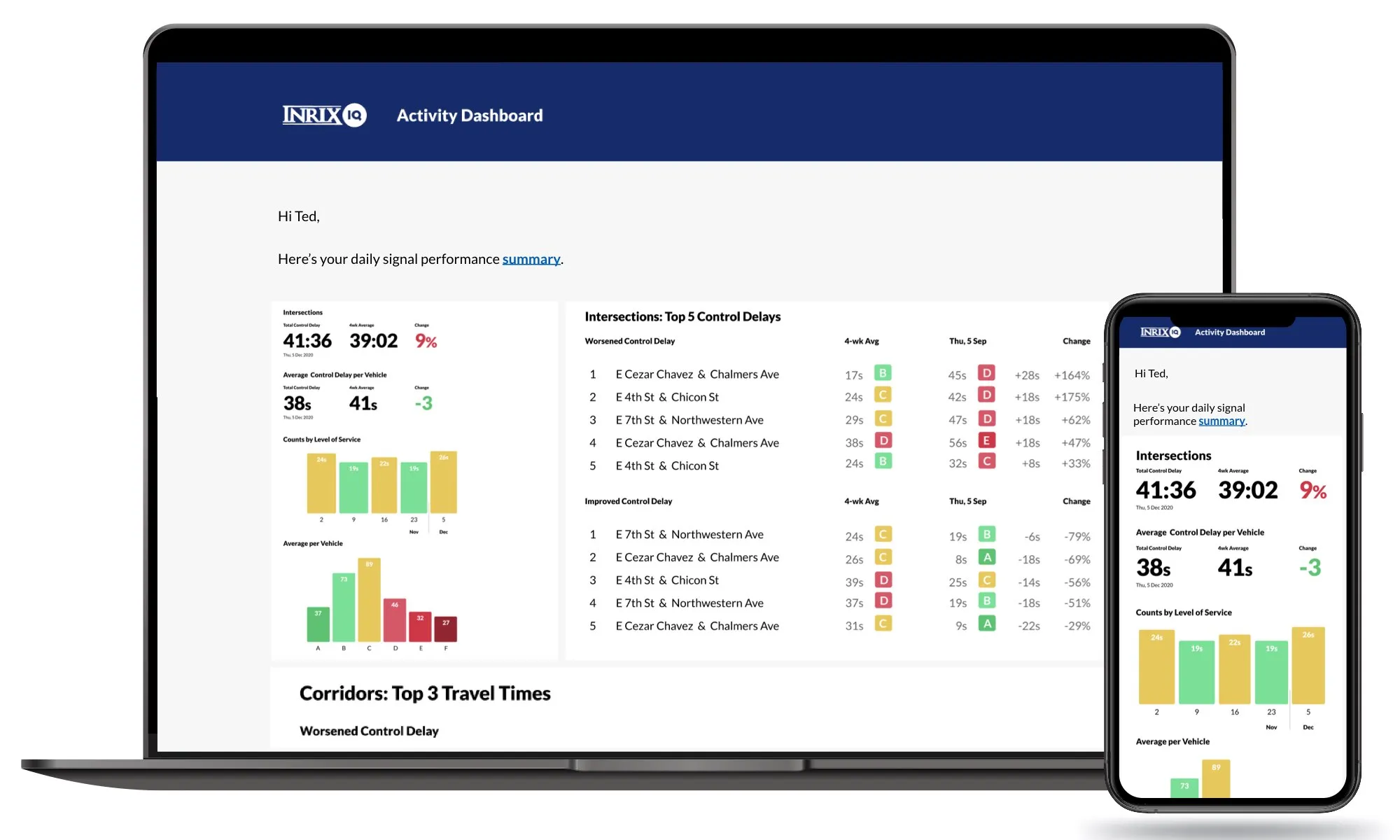UK ticketing technology company Parkeon has partnered with information specialist Cloud Amber to develop a new way of using the in-built GPS/GPRS functionality of an electronic ticket machine to improve the scope and accuracy of real time information systems while reducing system cost, complexity and maintenance requirements. Newport Transport is to take advantage of the alliance to become one of the first bus operators in the country to take direct control of its real time information systems, using the te
September 2, 2013
Read time: 2 mins
UK ticketing technology company 251 Parkeon has partnered with information specialist Cloud Amber to develop a new way of using the in-built GPS/GPRS functionality of an electronic ticket machine to improve the scope and accuracy of real time information systems while reducing system cost, complexity and maintenance requirements.
Newport Transport is to take advantage of the alliance to become one of the first bus operators in the country to take direct control of its real time information systems, using the technology to drive its real time communication across its fleet of buses via architecture built into its newly-ordered Wayfarer200 ticketing platform.
The move to the Wayfarer200 platform enables Newport Transport to take responsibility for its own RTI performance across its 100 strong bus fleet and to deliver true real time, dual language (English and Welsh) messaging to its customers via on-street displays based on actual travel information data rather than historic journey times.
The system will enable the operators to improve fleet management and reporting in areas such as schedule adherence, including early and late running indicators and two-way digital driver messaging, while passengers benefit from an information flow that’s always up-to-date.
Scott Pearson, managing director of Newport Transport, sees the investment as key to enhancing operational performance: “We are taking advantage of technological innovation to bring a truly ground-breaking RTI system under our own control. The ability to access highly accurate data in real time will facilitate better day-to-day running, offer more flexibility in decision-making and provide much more accurate information to passengers.”
Says Gavin Trimnell, Parkeon UK head of sales: “All of this is facilitated directly through the Wayfarer200 ticketing platform, meaning there’s no need for traditional on-vehicle “black box” technologies, thereby reducing equipment and deployment complexity, and lowering maintenance costs while improving data accuracy.”
Newport Transport is to take advantage of the alliance to become one of the first bus operators in the country to take direct control of its real time information systems, using the technology to drive its real time communication across its fleet of buses via architecture built into its newly-ordered Wayfarer200 ticketing platform.
The move to the Wayfarer200 platform enables Newport Transport to take responsibility for its own RTI performance across its 100 strong bus fleet and to deliver true real time, dual language (English and Welsh) messaging to its customers via on-street displays based on actual travel information data rather than historic journey times.
The system will enable the operators to improve fleet management and reporting in areas such as schedule adherence, including early and late running indicators and two-way digital driver messaging, while passengers benefit from an information flow that’s always up-to-date.
Scott Pearson, managing director of Newport Transport, sees the investment as key to enhancing operational performance: “We are taking advantage of technological innovation to bring a truly ground-breaking RTI system under our own control. The ability to access highly accurate data in real time will facilitate better day-to-day running, offer more flexibility in decision-making and provide much more accurate information to passengers.”
Says Gavin Trimnell, Parkeon UK head of sales: “All of this is facilitated directly through the Wayfarer200 ticketing platform, meaning there’s no need for traditional on-vehicle “black box” technologies, thereby reducing equipment and deployment complexity, and lowering maintenance costs while improving data accuracy.”









